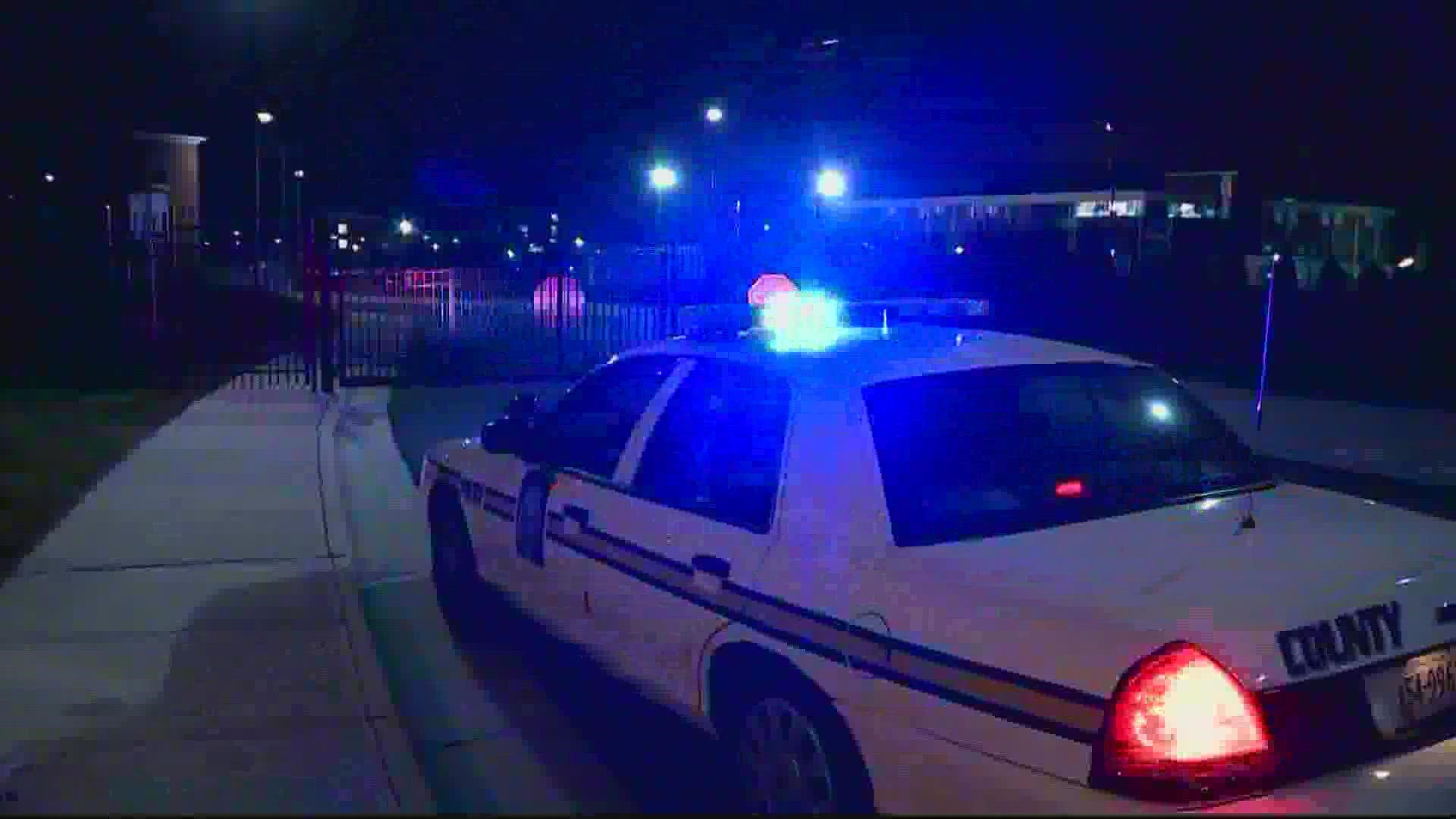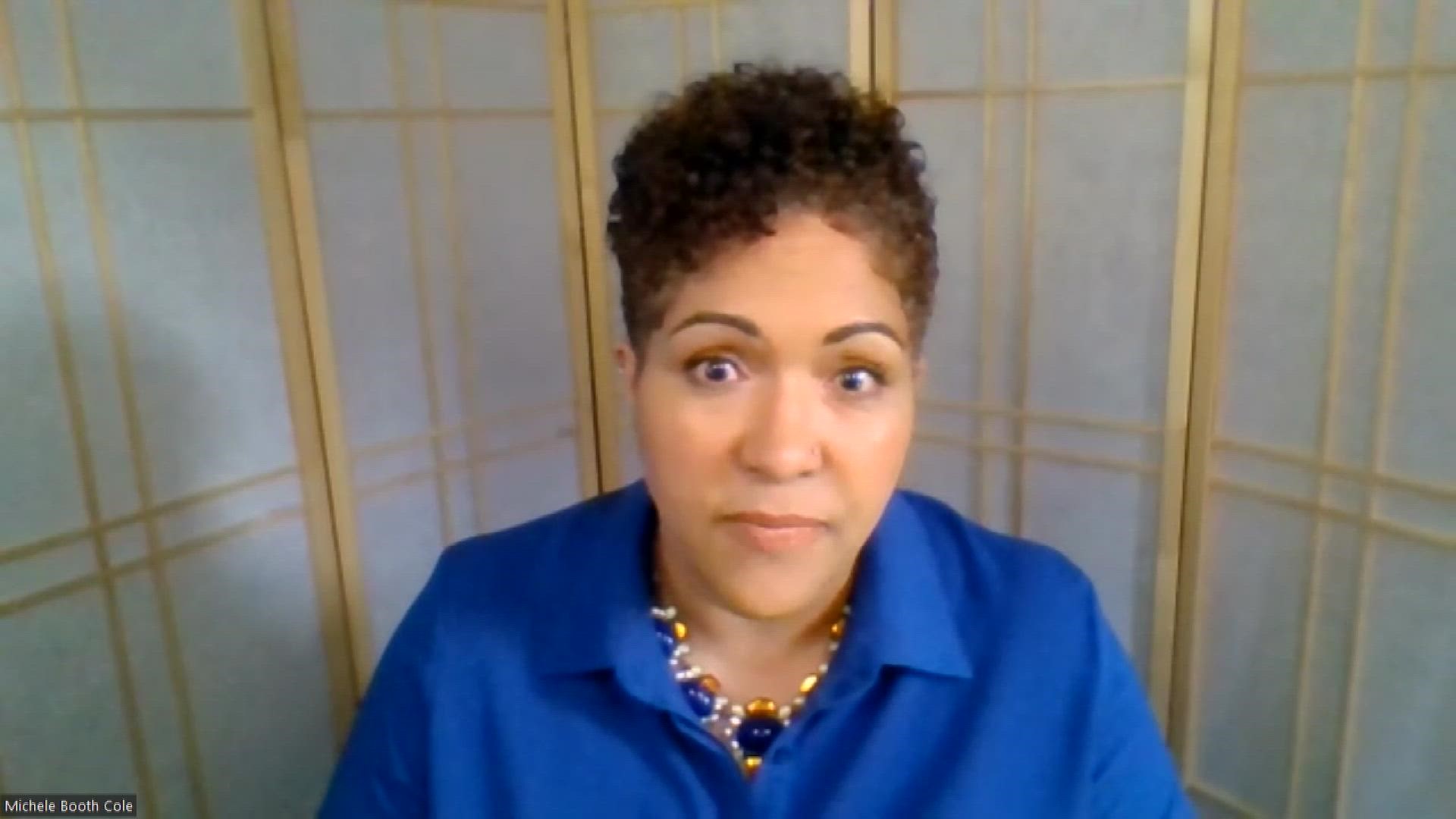FAIRFAX COUNTY, Va. — The Chesterfield County Police Chief described what happened during his department’s attempts to alert Fairfax County Public Schools that they had a convicted sex offender on their payroll.
Last week, Fairfax County Public Schools fired former Glasgow Middle School counselor Darren Thornton. He was arrested for soliciting sex from a minor in November 2020 and ultimately convicted of the crime in March 2022.
Chesterfield Police said the department had alerted FCPS of Thornton’s arrest the day after it happened. However, on Monday, the department confirmed that its emails actually never reached former FCPS Superintendent Scott Brabrand.
On Facebook, Chesterfield County Police Chief Colonel Jeffrey Katz posted Tuesday his department did email multiple addresses someone with FCPS gave them over the phone for Brabrand. However, those emails ultimately bounced back.
“Given the reality, the former superintendent had multiple email addresses during his tenure, it is possible we were provided invalid or out-of-date addresses when we asked how to make this notification,” Katz said. “The technical nuances of the email delivery failure are still unknown.”
Katz added his department will continue to work with FCPS to figure out how the mistake occurred.
“We are fully committed to working in partnership with Fairfax County Schools to identify the issue and determine how we can avoid a lapse in communication in the future,” he said.
Katz also revealed that Thornton falsified information about where he worked when registering on Virginia’s Sex Offender Registry. He said Thornton listed he was “self-employed” when he was a counselor with FCPS.
DC, Maryland, and Virginia all require offenders to self-register, so people can learn the nature of offenders' crimes, where they live, and their identifying features.
Virginia also tries to deter offenders from falsifying information by warning them beforehand falsification is a crime.
In Thornton's case, the state's corrections department says it's investigating to see what went wrong.
Michele Booth Cole, of Safe Shores, explains how some child abusers are never convicted.
Michele Booth Cole serves as executive director of Safe Shores, DC’s Children's Advocacy Center. She says registries are a useful tool, but they don't always provide a full picture to the community as to who may live among them.
“When I talk to my colleagues, we rarely talk about [the registry] in the work that we do, because we know that the majority of cases don't go forward to prosecution,” she said.
She said sex abuse claims often get stalled in court by familial relationships, intimidation, and even a lack of presentable evidence.
“It's the word of a child against an adult [and] often it's an adult that they have a trusting relationship with,” Booth Cole said. “That's one of the insidious things about child sexual abuse. It's someone who's in a position of trust. So, either they don't want to hurt the person, they don't want to get that person in trouble, or that person has threatened them.”
Rules vary as to where sex offenders can live depending upon the jurisdiction in the DC region.
In Virginia, some sex offenders aren't allowed to live within 500 feet of a school.
While in Maryland, there are no residency restrictions placed on sex offenders, according to the Maryland Department of Public Safety and Correctional Services.
“Information put out by other states has shown that residency restrictions do not help to prevent sexual offenses from occurring because the victims and the offenders, in most situations, know each other,” the site reads. “Having ready access to victims, in private and secretive environments, is how sex offenders thrive.”
WUSA9 could not find language in the DC Code for any rule restricting the residency of sex offenders in the District either. WUSA9 discovered at least one sex offender lives directly across the street from a Northwest D.C. elementary school.
Link: DC Sex Offender Registry


